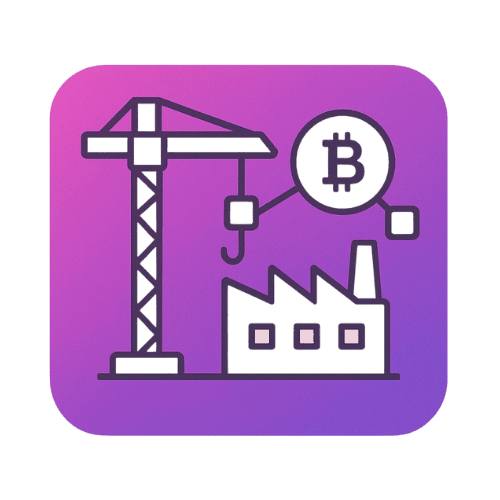 QED
QED
 English
English

 All Blogs
All Blogs

Revolutionizing Ownership: The Rise of Asset Tokenization Platforms
A new idea called asset tokenization platforms is attracting the interest of companies, investors, and authorities both in the fast changing realm of digital finance. Using blockchain technology, these systems fundamentally change our view, exchange, and management of physical and financial assets.
Asset tokenization is the process of blockchain digital tokenizing ownership rights in a physical or intellectual asset. These tokens can stand for a great range of assets, including real estate, art, goods, stocks, or even intellectual property.
Tokenization offers efficiency, fractional ownership, and openness unlike conventional financial systems that mostly depend on intermediaries and long procedures. Multiple tokens can be derived from a single asset, therefore enabling a larger spectrum of investors to engage in modest amounts of investment.
Specialized asset tokenizing systems that offer the infrastructure for token issuing, trading, and regulatory compliance enable this innovation.
Tokenizing is fast adopted in worldwide marketplaces thanks in part to several macroeconomic and technological developments. First, there is growing market for more liquid alternative investing choices. Tokenization allows individual investors to immediately access historically illiquid assets including fine art and real estate.
Second, infrastructure related to blockchains has developed greatly. Smart contracts, scalable networks, and improved security protocols help to remove the obstacles to entrance for digital token issuing. Different countries' regulatory authorities are also catching up and creating better systems that both safeguard investors and stimulate creativity.
Using a specialized platform mostly benefits from its extensive, end-to- end capability. From due investigation and legal structuring to blockchain integration and secondary trading, these systems manage every element of the tokenization process.
Here are some main advantages:
Tokenizing has actual power in its adaptability. Let us investigate a few very prospective use
scenarios:
Investors can buy fractional shares in residential or commercial real estate, therefore earning
commensurate rental income and capital gains.
High value art can be tokenized and sold to several investors, hence expanding the art market to new
players.
Private enterprises might raise money by tokenizing bonds or shares, therefore providing early investors
liquidity via secondary trading platforms. Equity and debt instruments
Tokens of gold, oil, and other natural commodities can help to enable simpler and more quick trading.
Strong asset tokenizing systems supporting legal compliance, correct value, and flawless execution
assist each of these applications.
Asset tokenization has challenges even if it has great potential. In some countries, regulatory ambiguity still causes great worry. Laws controlling securities and investor protection must change in line with technical development.
Moreover, not every platform is built equal. Serious hazards can come from security flaws, poor interoperability, and ambiguous custody models. Success depends on choosing the correct platform—one that is scalable, safe, and compliant.
Furthermore currently developing are norms for valuation and governance of tokenized assets. Without generally agreed upon systems, market players could find it challenging to evaluate assets on several platforms or legal regimes.
Over the next decade, the tokenizing market is expected to expand enormously. Industry researchers' estimates point to a market for tokenized assets perhaps worth several trillion dollars by 2030. Growing institutional acceptance, regulatory certainty, and blockchain scalability developments will all help to drive this expansion.
To create or deploy tokenizing solutions, financial institutions, real estate companies, and asset managers are already looking at joint ventures with technology vendors. Blockchain-based registries for land and property ownership are currently under testing by governments.
The function of the asset tokenizing platform will be fundamental in this changing terrain. Future financial ecosystems will be built on these platforms, which will also help to foster trust, security, and operational efficiency on a mass basis.
More than merely a technical trend, tokenization of assets represents a basic reevaluation of ownership, investment, and financial access. Platforms for asset tokenization will be the vital infrastructure supporting this new digital economy as it develops.
Knowing the features of these platforms can help you, whether your company wants to access financing, an investor looking for access to unusual asset classes, or a developer investigating blockchain applications, have a strategic edge in the market of tomorrow.
Right now is the moment to investigate the opportunities. Token by token, finance is being constructed for the future.
Start with a free trial and redefine trust with the digital product passport